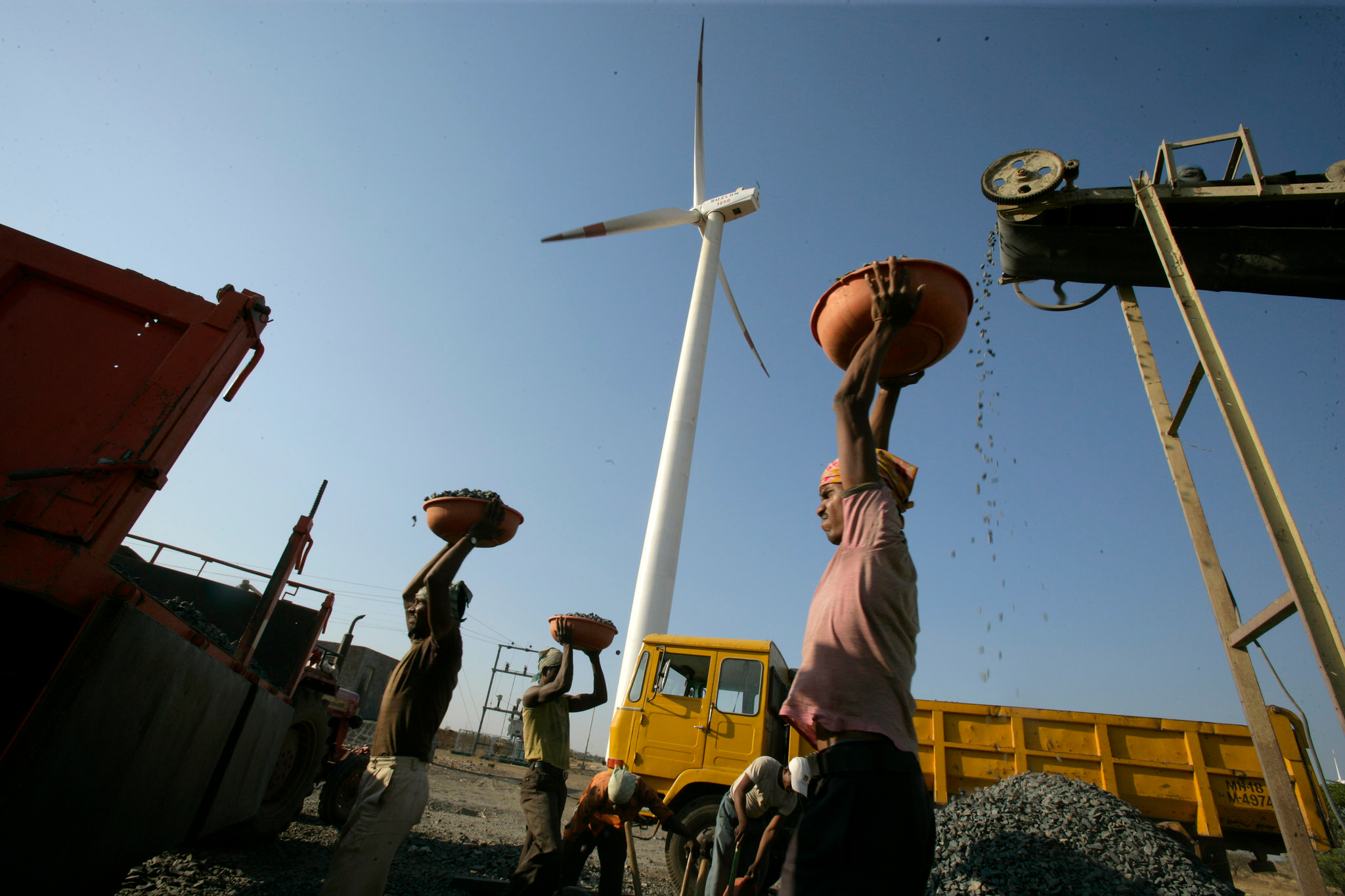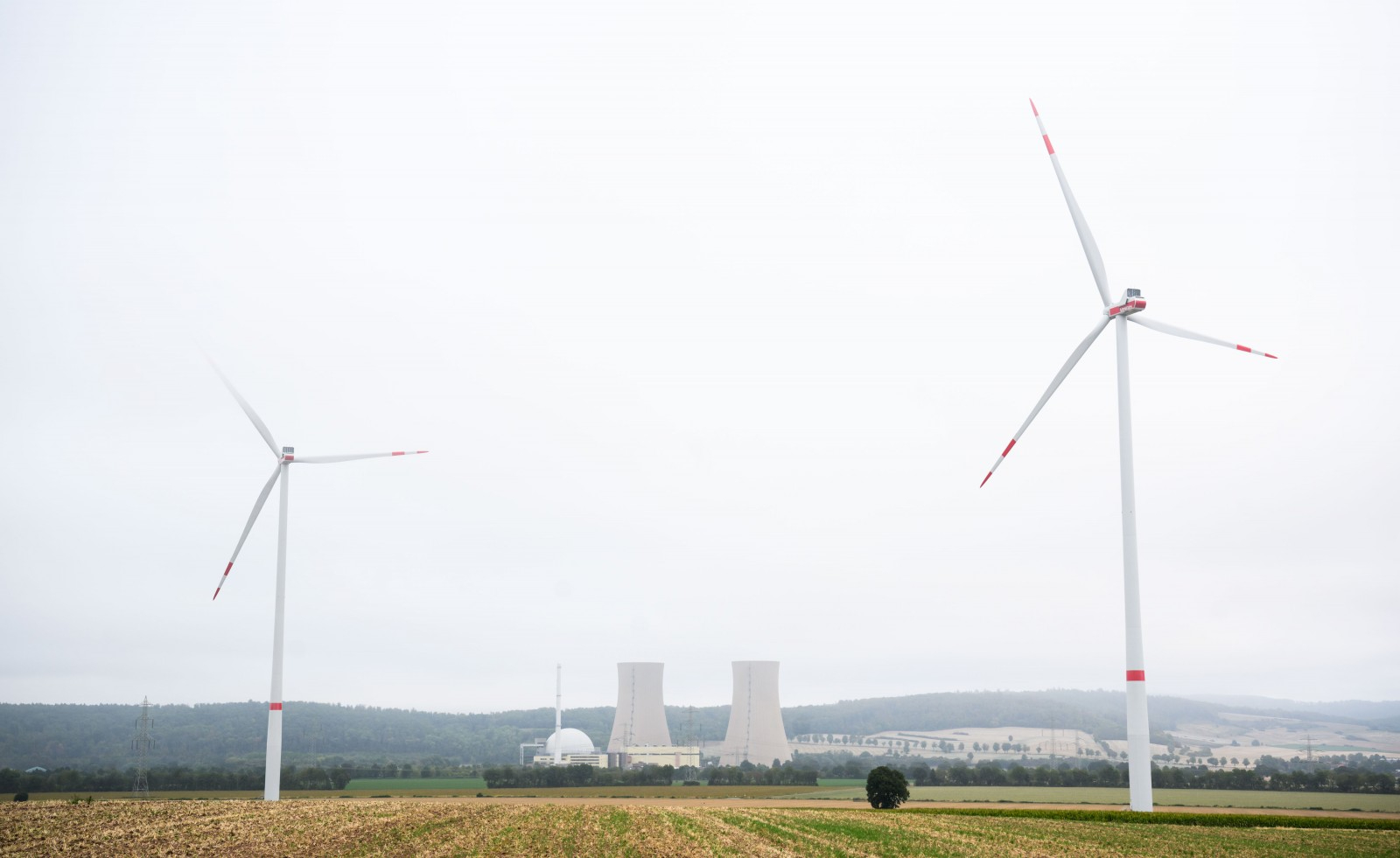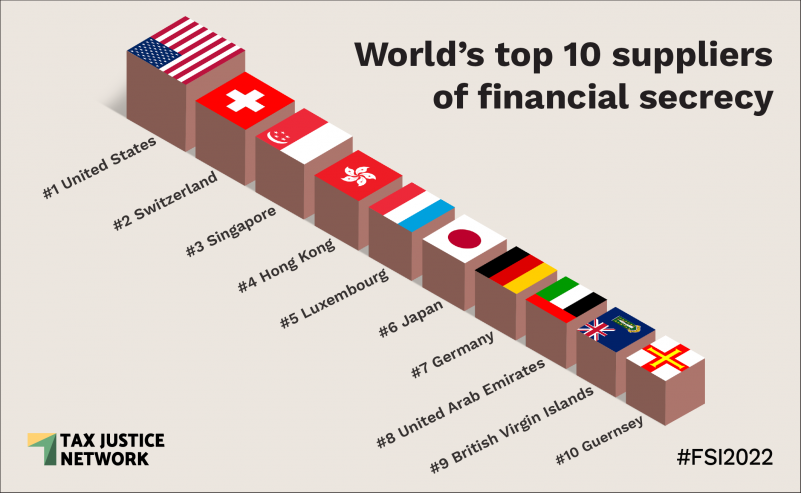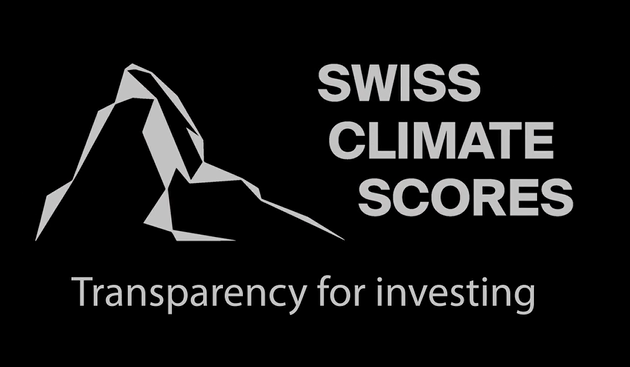Signing the Paris Agreement in 2015 the international community committed to significantly reducing greenhouse gas emissions, aiding developing countries in climate change mitigation and adaptation, and directing both public and private finances into a low-carbon economy and climate-resilient development. Article 2.1(c) of the Paris Agreement embodies this goal. The jargon therefore speaks of "Paris alignment".
On 3 and 4 October, government officials, business leaders and representatives from NGOs came together at the 3rd Building Bridges Summit for a two-day workshop in Geneva to explore this orientation and its alignment with Article 9 of the Paris Agreement. This was done with a view to the first "global stocktake" to be conducted at COP28. Under Article 9, developed countries pledged to extend financial support to developing nations for climate change mitigation and adaptation measures. Numerous delegates and NGOs in Geneva have raised concerns that industrialised countries are emphasising private finance alignment while disregarding their commitment to assisting developing countries.
Financial flows for economic activities based on fossil fuels continue to far surpass those meant for mitigation and adaptation measures. The most recent IPCC synthesis report affirms that sufficient capital exists globally to close the worldwide climate investment gaps. The predicament is therefore not a shortage of capital, but rather the ongoing mismanagement and misallocation of funds that is impacting both public and private capital flows. Nevertheless, redirecting financing and investment towards climate action, primarily in the neediest and most vulnerable nations, is no silver bullet. The challenges of a "just transition" go much further, and developing countries also expect financial support from the North.
Responsibility of governments
Businesses, including those in the financial sector, are not bound by the Paris Agreement. Governments therefore have a responsibility to translate climate change commitments into national legislation. Put simply, "Paris alignment" requires governments to ensure that all financial flows contribute to achieving the climate goals of the Paris Agreement. Implementing Article 2.1(c) will require a variety of instruments, and it is primarily up to individual governments to identify the regulatory frameworks, measures, levers and incentives needed to achieve alignment. This will require concrete steps leading to tangible and measurable results for individual companies and financial institutions.
What is Switzerland doing?
By ratifying the Paris Agreement, Switzerland has also committed to making its financial flows compatible with climate goals. The Federal Council is also working with the industry to ensure that the financial centre plays a leading role with regard to sustainable finance. However, it is still relying primarily on voluntary measures and self-regulation.
With the Climate and Innovation Act, the Swiss electorate decided, in June 2023, that Switzerland should achieve climate neutrality by 2050. Interim greenhouse gas reduction targets have been set, along with precise benchmarks for certain sectors (construction, transport and industry). Broadly speaking, all companies must have reduced their emissions to net zero by 2050 at the latest. With specific reference to the goal of aligning financial flows with climate goals, Article 9 of the Climate Act stipulates that: "The Confederation shall ensure that the Swiss financial centre contributes effectively to low-carbon, climate-resilient development. This includes measures to reduce the climate impact of national and international financial flows. To this end, the Federal Council may conclude agreements with the financial sector aimed at aligning financial flows with climate objectives".
The role and responsibility of Switzerland as a financial centre
The facts are clear: the Swiss financial centre is the country's most important "climate lever". The CO2 emissions associated with Switzerland's financial flows (investments in the form of shares, bonds and loans) are 14 to 18 times greater than the emissions produced in Switzerland! It would therefore be logical for the Federal Council to give priority to these financial flows. Given its size – around CHF 7800 billion in assets under management – the Swiss financial centre could make a significant contribution to achieving the climate goals. However, this would require effective measures here at home to help redirect financial flows. This would include credible CO2 pricing, both domestically and – as yet unimplemented – internationally.
Range of measures for Swiss companies and financial market players
From January 2024, large companies – including banks and insurers – will be required to publish a report on climate matters covering not only the financial risks a company faces from its climate-related activities, but also the impact of its business activities on the climate ("double materiality"). The report must also include companies’ transition plans and, "where possible and appropriate", CO2 emission reduction targets that are comparable to Switzerland's climate targets. Like the UK and a number of other countries, the European Union has introduced similar obligations. Thus, for once, Switzerland is not lagging behind.
PACTA Climate Test
Starting in 2017, the Federal Council has recommended that all financial market players – banks, insurers, pension funds and asset managers – should voluntarily participate in the "PACTA Climate Test" every two years. The aim is to analyse the extent to which their investments are in line with the temperature target set by the Paris Agreement. The test covers the equity and bond portfolios of listed companies and the mortgage portfolios of financial institutions. The PACTA is designed to show the portfolio weight of companies operating in the eight most carbon-intensive industries, which account for more than 75 per cent of global CO2 emissions (oil, gas, electricity, automobiles, cement, aviation and steel).
However, participation in the PACTA test remains voluntary and participants are free to choose the portfolios they wish to submit. Furthermore, the publication of individual test results is not (even) mandatory for financial institutions that have set themselves a net-zero target for 2050. The Federal Council recommends rejecting a motion calling for improvements to these aspects, arguing that existing decisions are already sufficient.
Self-declared net-zero targets
Many Swiss financial institutions have voluntarily set themselves carbon-neutral targets under the auspices of the Glasgow Financial Alliance for Net Zero (GFANZ). The Federal Council supports this approach. However, these initiatives raise crucial questions about transparency and credibility. What is the percentage of financial institutions that have set net-zero targets? What is the percentage of assets and business activities that will actually be net zero by 2050? How comparable is the information, i.e., final and interim targets and progress made by financial institutions? To increase the transparency and accountability of financial actors, the Federal Council had originally proposed the conclusion of sectoral agreements with them. This was rejected by the financial lobbies. However, the Climate Act now envisages the conclusion of such agreements, and the Federal Department of Finance is to submit a report on the matter by the end of the year.
Swiss Climate Scores
The Swiss Climate Scores (SCS) were developed by the authorities and industry and introduced by the Federal Council in June 2022 in keeping with GFANZ. The basic idea is to create transparency regarding the Paris alignment of financial flows in order to encourage investment decisions that contribute to achieving the global climate goals. Here too, the approach remains voluntary for financial service providers.
At the Building Bridges Summit, the CEO of the asset management firm BlackRock Switzerland lamented the low uptake of the SCS in her industry. This confirmed the misgivings expressed by Alliance Sud when they were introduced. The daily newspaper NZZ also recently noted the low uptake and inconsistencies in implementation by financial institutions – describing the SCS as a "refrigerator label" for financial products compared to the EU's sophisticated regulatory framework.
Paradigm shift
Implementing Article 2.1(c) of the Paris Agreement will therefore also be a major undertaking for Switzerland. The range of largely voluntary measures adopted so far clearly falls short of the Paris commitments. A paradigm shift is therefore urgently needed.
The Federal Council recently proposed the adoption of a motion calling for the creation of a "co-regulation mechanism" and a commitment that this mechanism would become binding "if, by 2028, less than 80 per cent of the financial flows of Swiss institutions are on track to achieve the greenhouse gas reductions envisaged in the Paris Agreement".
It is now up to the parliament to take the first steps to tackle this generational project.










